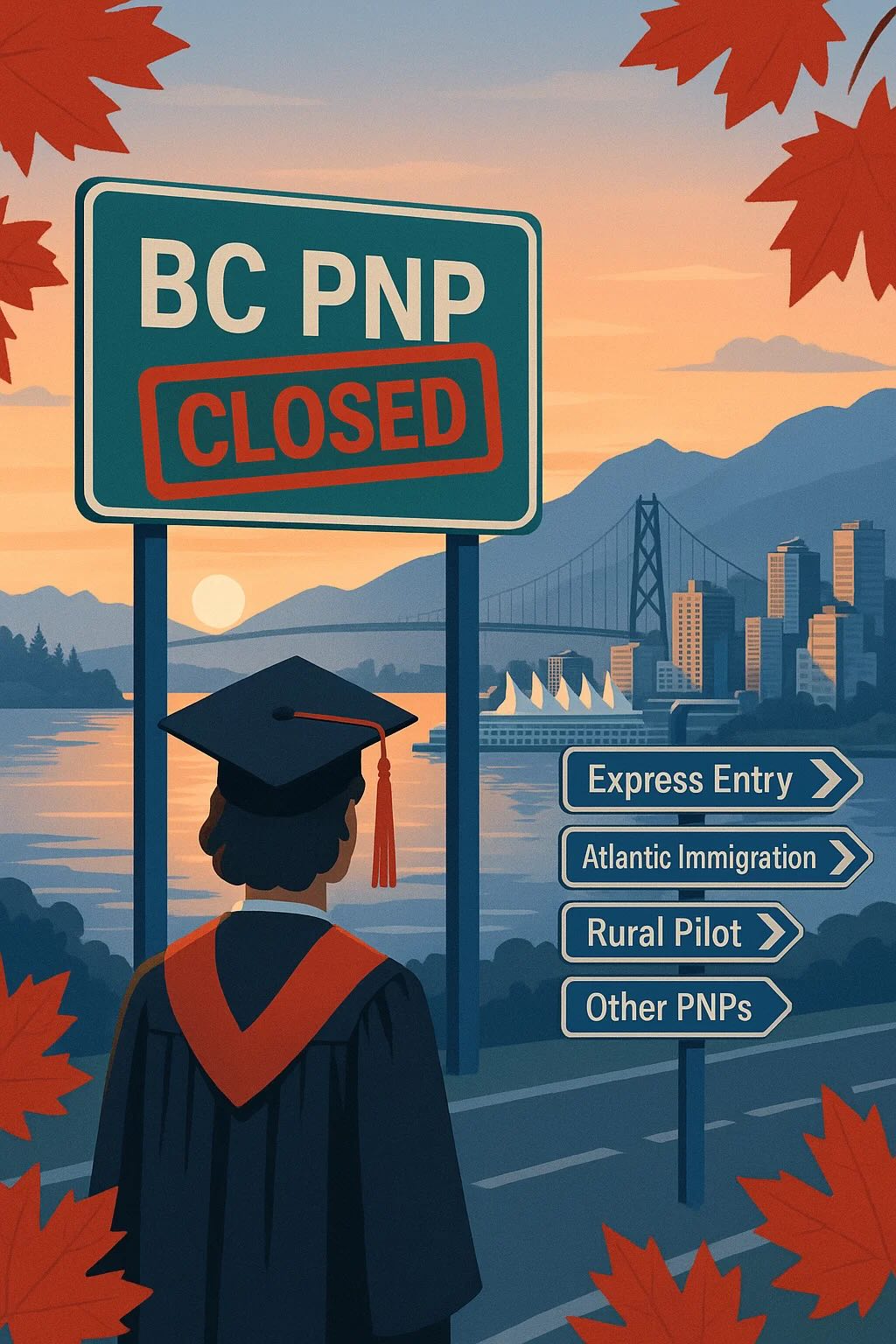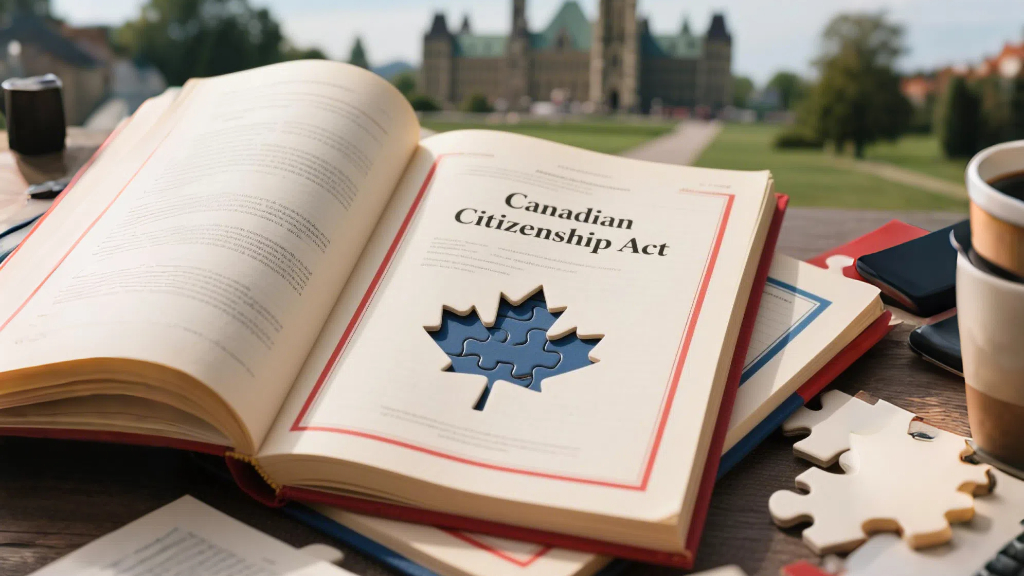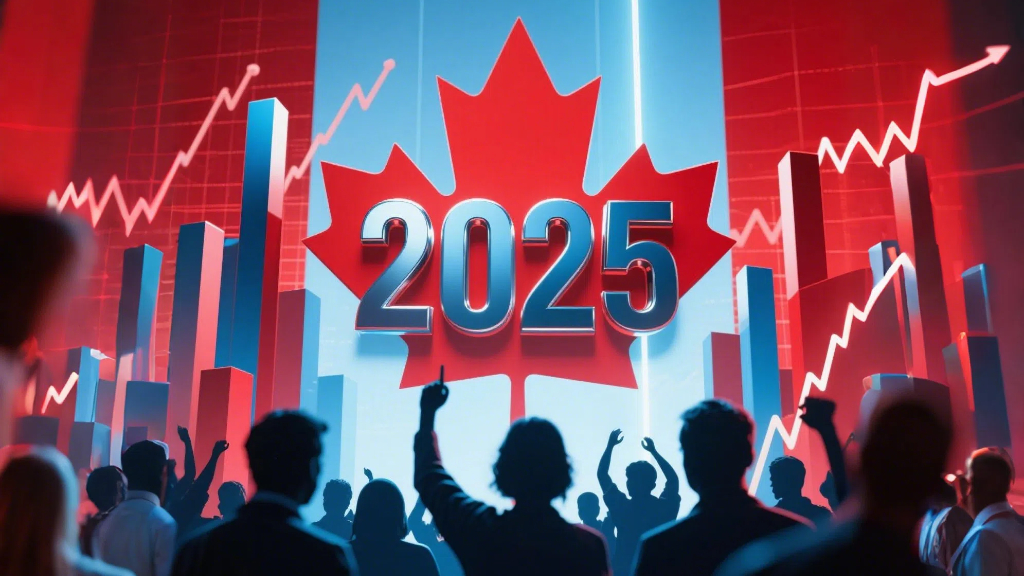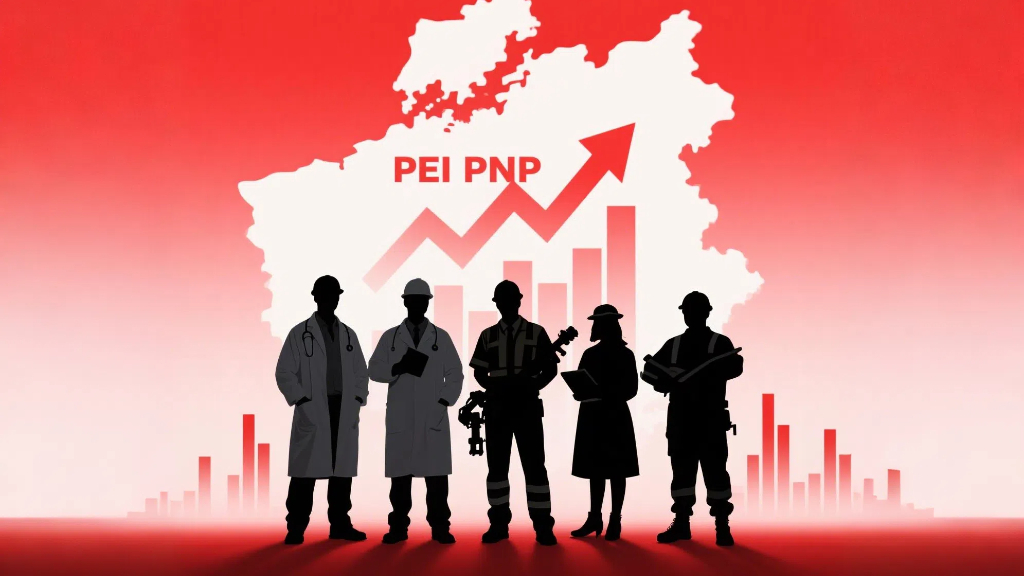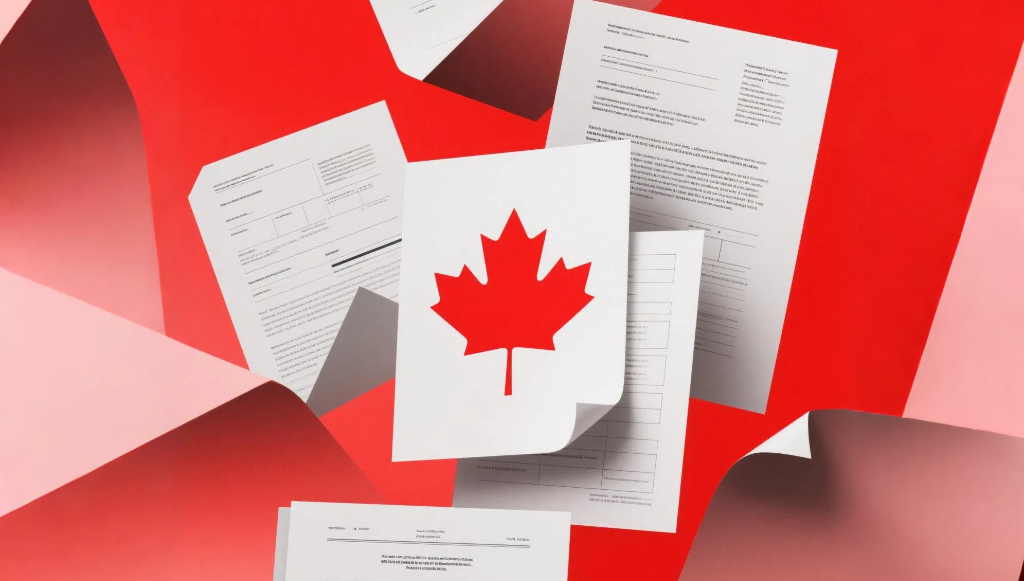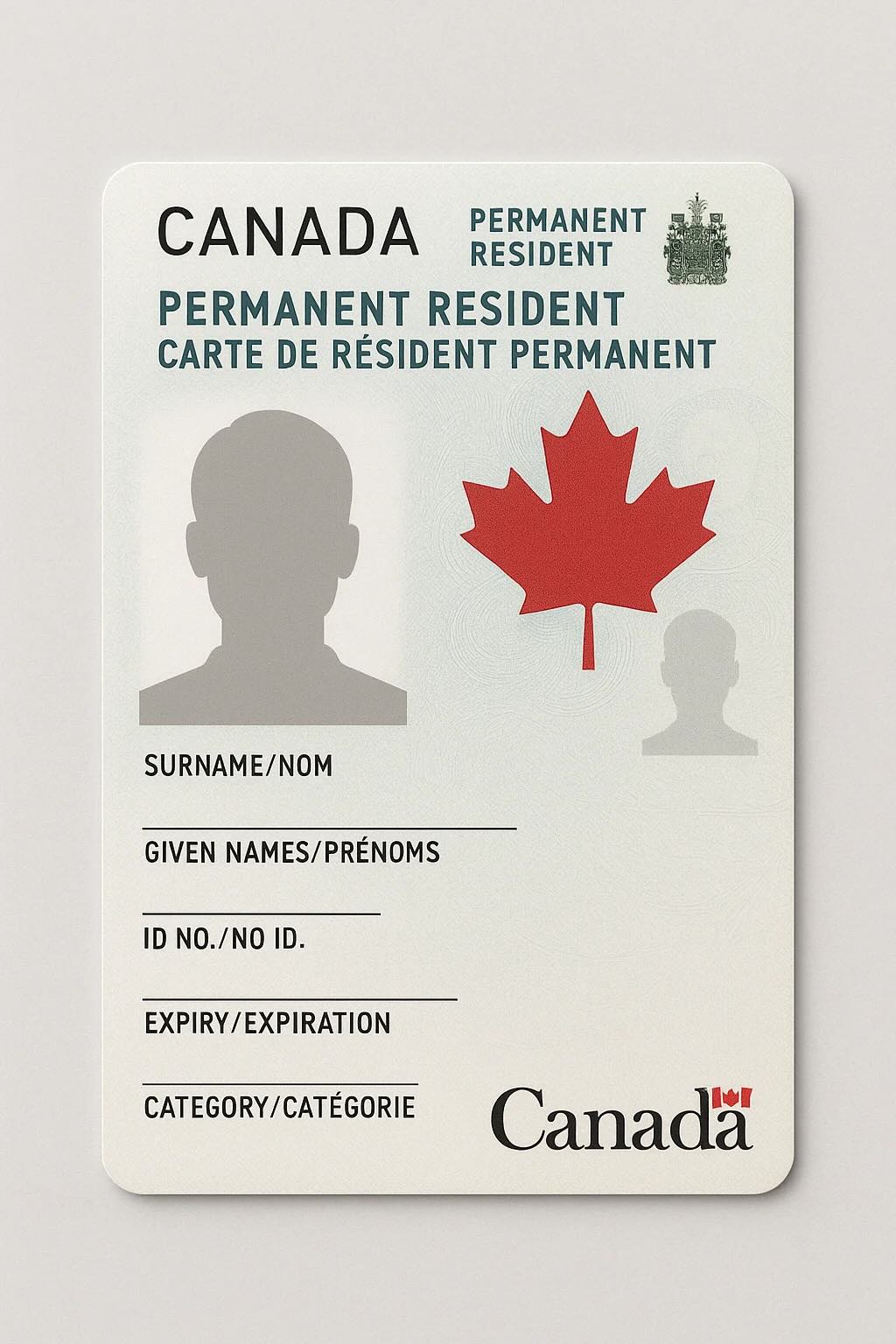The Canadian Teaching Profession: Regulated and In High Demand
For individuals aspiring to start or continue their teaching careers in Canada, understanding and meeting the relevant entry requirements is the first step towards securing an ideal position. The teaching profession in Canada is a strictly regulated field, meaning anyone wishing to teach professionally in elementary or secondary schools, as well as specific educational institutions, must first obtain the appropriate teacher certification.
It is important to note that, like many other regulated professions, teacher certification in Canada is not managed centrally by the federal government but is delegated to provincial and territorial levels. Therefore, applicants must meet the specific certification requirements of the province or territory where they plan to work. Although details may vary by jurisdiction, all teachers educated outside of Canada must complete the certification process to teach legally.
Currently, many regions in Canada face a demand for talent in the education sector, making teaching one of the popular professions with relatively good job prospects for 2025. Furthermore, the federal government recently added an "Education" category to the Express Entry immigration system, providing an easier pathway to permanent resident status for teachers wishing to settle permanently in Canada.
General Teacher Certification Process Overview
While requirements vary by province, the certification process for applicants with international education backgrounds typically involves the following core steps:
Step 1: Assess Eligibility – Based on Teaching Level and Subject Area
Generally, applicants wishing to teach in Canada must meet the following basic conditions:
- Eligible Degree: Most provinces require applicants to hold at least a bachelor's degree from a recognized post-secondary institution. For degrees obtained outside Canada, applicants must obtain an Educational Credential Assessment (ECA) from a designated assessment body to prove the equivalency of their qualifications.
- Teacher Education Program: In addition to a bachelor's degree, most jurisdictions require applicants to have completed a specific teacher education program. Requirements may include the program's duration, number of semesters, and mandatory practicum hours.
- Language Proficiency: Applicants must demonstrate proficiency in written and oral communication in English or French (or both), as required by the subject taught and the province of practice. Standardized language test scores are usually required.
- Proof of Good Character: Many provinces require applicants to prove they possess good moral character. Required documents vary by province; for example, British Columbia (BC) may require a criminal record check, academic transcripts, confidential character references (if requested), and teacher evaluation reports (if requested).
Provincial Differences and Additional Requirements:
Some provinces have extra regulations. For instance, since January 1, 2022, all teachers in Ontario must successfully complete the "Sexual Abuse Prevention Program" (SAPP) from the Ontario College of Teachers. In BC, applicants who completed their teacher education outside Canada must take a course approved by the BC Teacher Regulation Branch to familiarize themselves with the local education system. Additionally, applicants for specific teaching categories (e.g., technical education) may have further professional or practical experience requirements.
Step 2: Submit Certification Application to the Target Province's Regulatory Body
Once basic eligibility requirements are confirmed, applicants must formally submit a certification application to the teacher regulatory body of the province where they intend to teach. This stage typically requires submitting a range of supporting documents, which may include:
- Proof of identity (e.g., birth certificate, passport)
- Criminal record checks (from all countries/regions resided in for a specified period)
- Proof of language proficiencyOfficial transcripts (including post-secondary and teacher education)
- Secondary school diploma or equivalent
- Proof of name change (if applicable)
All documents not in English or French must be accompanied by a certified translation. Applicants also need to pay the relevant application fee, which varies by province.
Step 3: Obtain Certification – Temporary and Permanent Status
In most cases, obtaining certification is a prerequisite for working in Canadian educational institutions. However, some provinces have transitional arrangements.
For example, Alberta initially issues a three-year "Interim Professional Certification" to qualified applicants, allowing them to teach in recognized schools within the province. After accumulating the required teaching experience (typically including two years of full-time teaching), teachers can apply for a "Permanent Professional Certificate," which represents full certification. Many other provinces have similar mechanisms, where full or permanent teacher certification is usually granted upon meeting specific conditions, including full-time teaching experience.
Inter-provincial Certification Mobility
Thanks to the Canadian Free Trade Agreement (CFTA), teachers certified in one province can apply for certification in another province with relative ease. However, this is not automatic. Teachers must still apply to the regulatory body of the target province, filling out forms, submitting documents, and providing relevant information as required to complete the certification transfer process.
Types of Teaching Positions and Work Environment in Canada
In Canada, teaching positions primarily fall into the following categories:
- Full-time permanent positions
- Typically work about 10 months per year (during the school term).
- Enjoy fixed holidays, such as Christmas (2-3 weeks), Spring Break (1 week), and Summer (approx. 2 months).
- In most regions, these teachers are union members, with salaries based on clear salary grids according to experience and certification level, and they participate in a Defined Benefit Pension Plan. This pension plan provides retired teachers with a lifelong, inflation-adjusted fixed income based on their past earnings and years of service.
- Supply teachers (Substitute teachers)
- Cover for absent full-time teachers (e.g., due to illness) on an as-needed basis, usually through short-term contracts or daily pay.
- Registered on a supply list for a specific school board, often receiving calls in the morning to confirm availability for the day. Work location and grade level may vary daily.
- Paid on a daily rate.
- Many teachers use this role to gain experience and pursue full-time positions, while others choose long-term supply teaching for its flexibility.
- Long-Term Occasional Teachers (LTOs)
- Full-time contract positions covering for full-time teachers on long-term leave (e.g., maternity or parental leave).
- Contract duration can range from several weeks to an entire school year.
- Employment ends when the contract concludes.
- In some regions, supply teachers and LTOs may also join the union, and their work experience can count towards pension plans.
Public vs. Catholic School Systems
In many Canadian provinces, there are two publicly funded school systems: the secular "public" school boards and the Catholic school boards. Both offer largely similar curricula, and students receive the same diploma upon graduation. The main difference is that Catholic schools provide education based on Catholic faith principles, while public schools are non-denominational.
Regarding hiring, Catholic school boards typically require teachers to be practicing Catholics. In contrast, public school boards have no religious requirements for teachers.
Growing Demand for Talent in Education and Immigration Benefits
Currently, the demand for qualified teachers in Canada's education sector continues to grow, offering good employment prospects for international educators and giving them a new advantage when applying for Canadian permanent residence.
To address labour shortages in some provinces, the Canadian federal government has established targeted invitation categories for the education sector within the Express Entry immigration system. This category covers several education-related occupations, including:
- Elementary and secondary school teacher assistants
- Instructors of persons with disabilities
- Early childhood educators and assistants
- Elementary school and kindergarten teachers
- Secondary school teachers
Foreign nationals eligible under these specific occupation categories have a significantly increased chance of receiving an Invitation to Apply (ITA) for permanent residence through the Express Entry system, paving a smoother path for their immigration to Canada.
